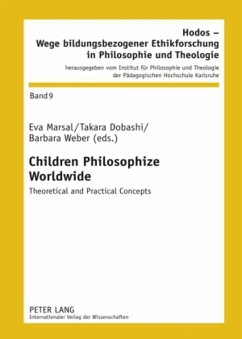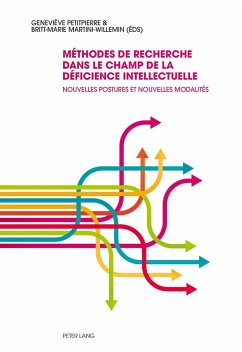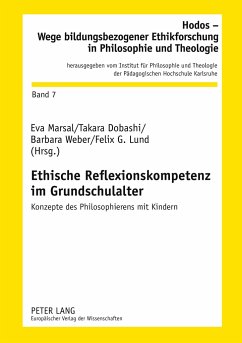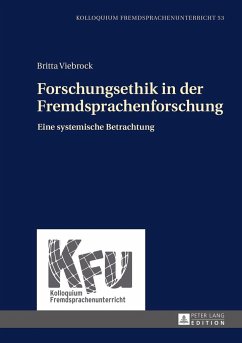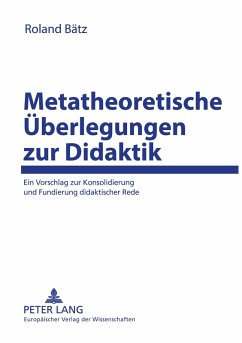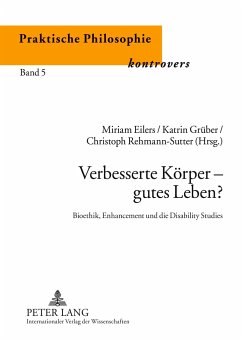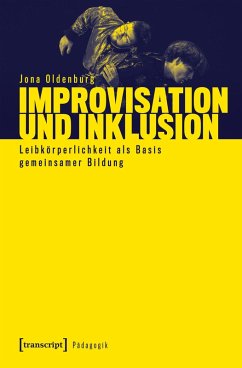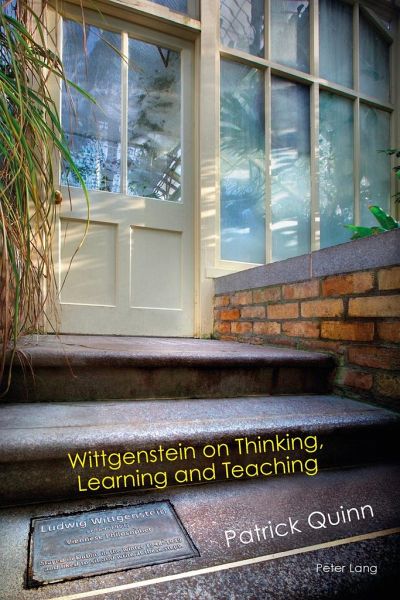
Wittgenstein on Thinking, Learning and Teaching
Versandkostenfrei!
Versandfertig in 6-10 Tagen
71,90 €
inkl. MwSt.

PAYBACK Punkte
0 °P sammeln!
Wittgenstein is not generally thought of as a philosopher of education, yet his views on how we think, learn and teach have the potential to contribute significantly to our contemporary understanding of pedagogy. Wittgenstein himself was a lifelong learner whose method consisted of thinking intensely about a wide range of topics, including not only the philosophy of language, logic and mathematics but also architecture, music, ethics, religion, culture and psychoanalysis. He then shared his observations and conclusions with his students as a way of teaching them how to think and learn for them...
Wittgenstein is not generally thought of as a philosopher of education, yet his views on how we think, learn and teach have the potential to contribute significantly to our contemporary understanding of pedagogy. Wittgenstein himself was a lifelong learner whose method consisted of thinking intensely about a wide range of topics, including not only the philosophy of language, logic and mathematics but also architecture, music, ethics, religion, culture and psychoanalysis. He then shared his observations and conclusions with his students as a way of teaching them how to think and learn for themselves, and his personification of the learner-teacher deeply impressed those who witnessed his pedagogical performances during his 'lectures'. This study presents a detailed exploration of Wittgenstein's legacy as an educationalist, now accessible to us through the extensive published collections of his thoughts on the subject.




